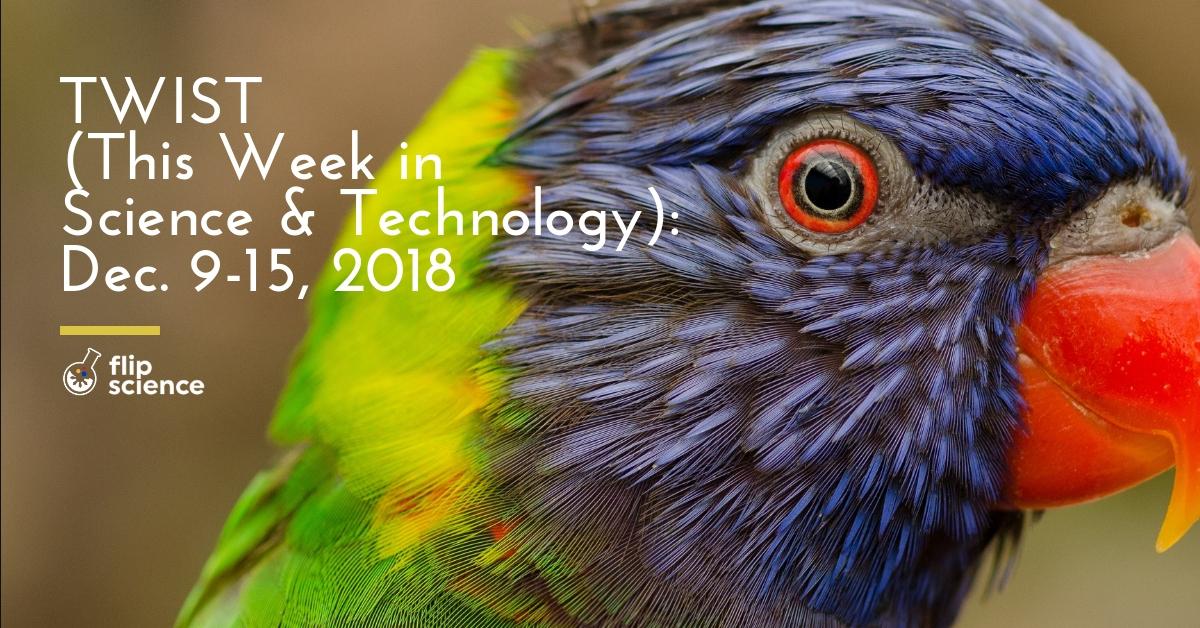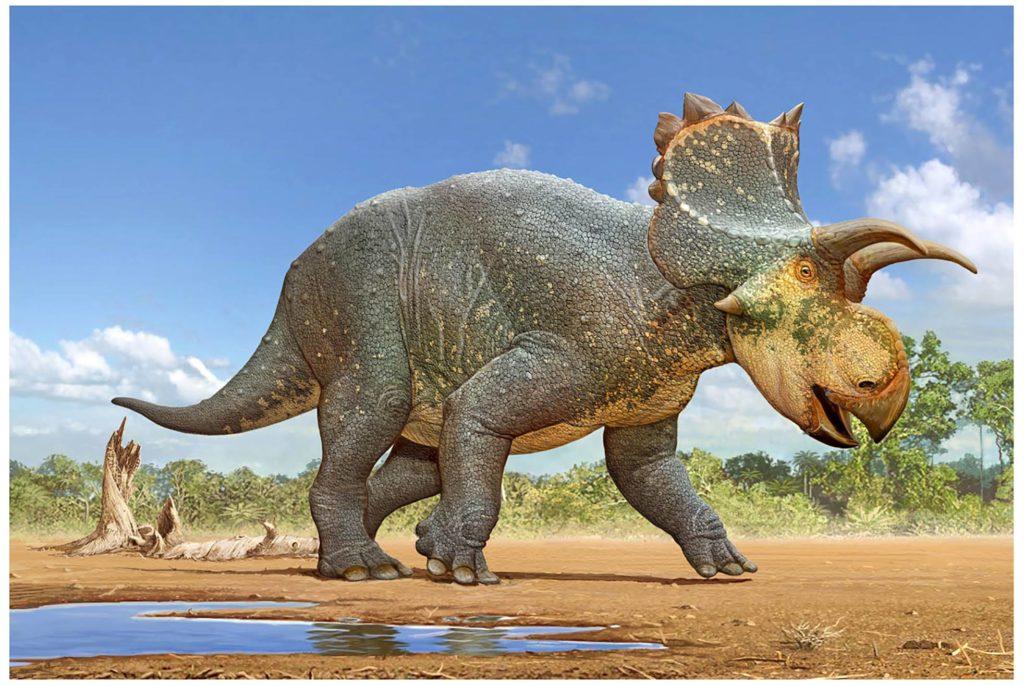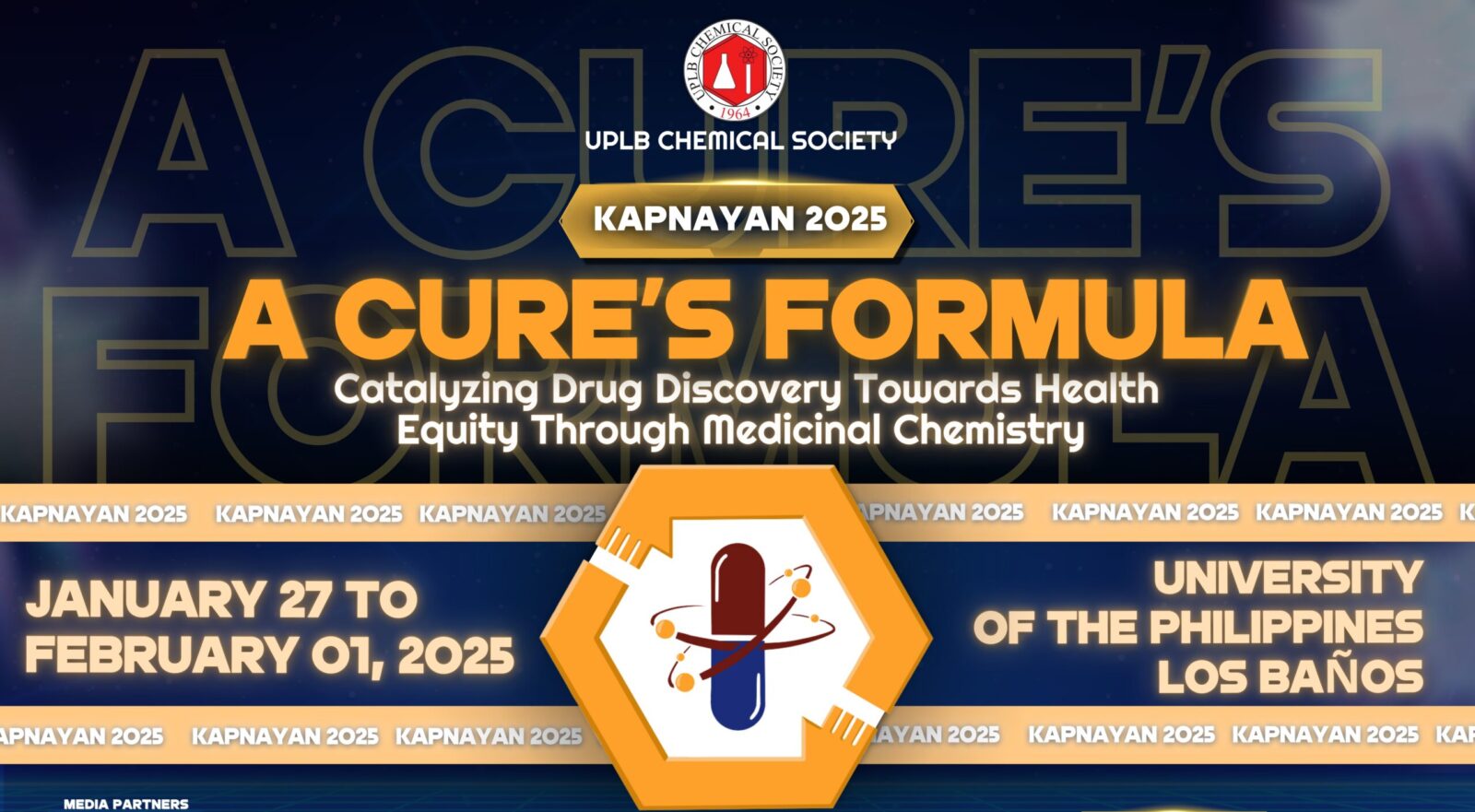ICYMI: A handful of science and technology updates from December 9 to December 15, 2018.
Newly named dinosaur is Triceratops‘ fancy relative
Crittendeceratops. Image: Sergey Krasovskiy
A newly named ceratopsian from the late Cretaceous era (73 million years ago) sported a fancy neck frill, a first among its clade. Crittendenceratops krzyzanowskii is the youngest-known dinosaur among the nasutoceratopsian clade, and was first discovered in the 1990s near Tucson, Arizona. While it had already been briefly described in a 2003 study, proof of Crittendenceratops being a new, previously unidentified species only emerged recently. Read the full story.
Future civilizations will likely remember us… for our chicken bones
A newly published study in the journal Royal Society Open Science says that the Anthropocene epoch — our epoch — could very well become noteworthy thousands of years from now due to the sheer number of chicken bone fossils that future generations will likely find. As there are around 21.4 billion domesticated chickens on Earth today, their bones — which end up in landfills, where conditions are ideal for organic matter preservation — will likely occupy a unique spot in the fossil record as “our” marker. In fact, they may even earn us the rather amusing moniker “Chicken People.” Hardly surprising (and perhaps, embarrasingly well-deserved), as humans consumed about 62 billion chickens in 2014 alone. Read the full story.
CRISPR-engineered hybrid rice can clone its own seeds
Scientists have experimented with a new hybrid variety of rice that can clone its own seeds. According to findings published in Nature, this type of rice can reproduce its seeds without the need for typical plant reproduction processes, resulting in consistently higher yields for farmers who plant this hybrid variety. This is expected to be crucial in feeding the world’s ever-growing population in the future. Read the full story.
Virgin Galactic successfully reaches outer space
SpaceShipTwo looking back on Spaceship Earth 🌎 pic.twitter.com/ynr31mKzzf
— Virgin Galactic (@virgingalactic) December 13, 2018
In the 14 years that the Virgin Galactic spaceflight company has been active, December 13, 2018 marks the first time it successfully sent a passenger airplane into space. SpaceShipTwo reached a maximum speed of Mach 2.9 and flew up to 51.4 miles above the Mojave Desert, effectively crossing the atmospheric threshold. However, it is still below the 62-mile Karman Line, the international standard marking the border of Earth’s atmosphere. Read the full story.
Organic food worse for the climate, suggests study
Does organically farmed food actually have a larger impact on climate than conventionally farmed food? According to a new international study published in Nature, organic peas farmed in Sweden showed a 50% bigger climate impact than conventionally farmed peas, with other foods demonstrating an even larger difference. This was mainly attributed to the fact that the crops per hectare are significantly lower in organic farming. The study claims that this results in greater indirect carbon dioxide emissions (due to deforestation), despite the fact that direct emissions are definitely lower, ultimately generating a greater carbon footprint. Read the full story.
In 50 years, shark populations along the Great Barrier Reef have shrank by 92%
Recent statistics indicate that shark species — including hammerheads, tiger sharks, and great whites — living off the Queensland coast have decreased in number by a whopping 92% in just half a century. Using data from a shark control program for minimizing human-shark interactions from 1962, researchers from the University of Queensland examined shark populations stretching over 1,100 miles (1,760 kilometers), including those living alongside the Great Barrier Reef. They believe that this shocking drop is largely the result of commercial fishing — which results in the deaths of an estimated 100 million sharks per annum due to humans — and partly due to the shark control program as well. Read the full story.








